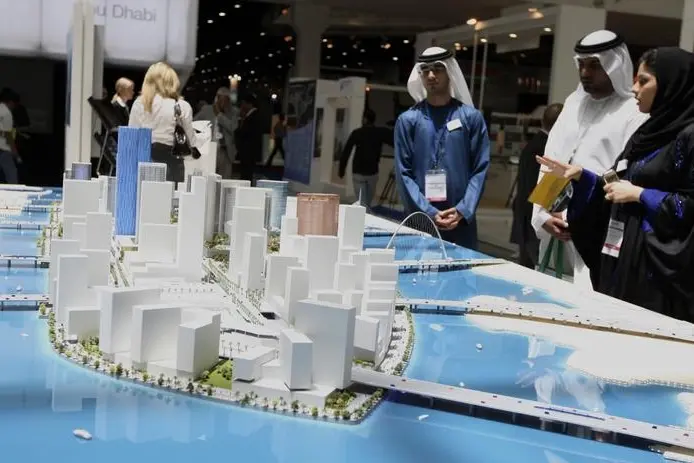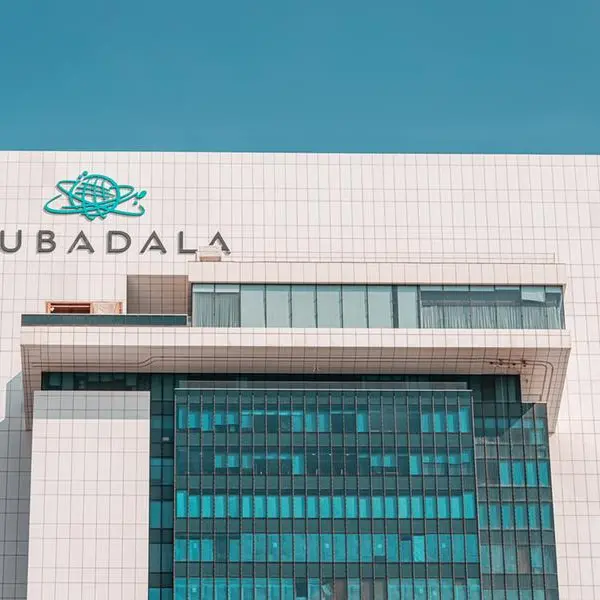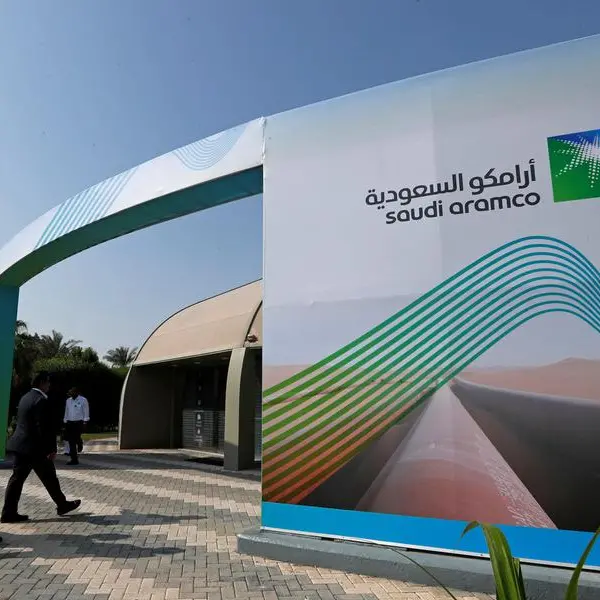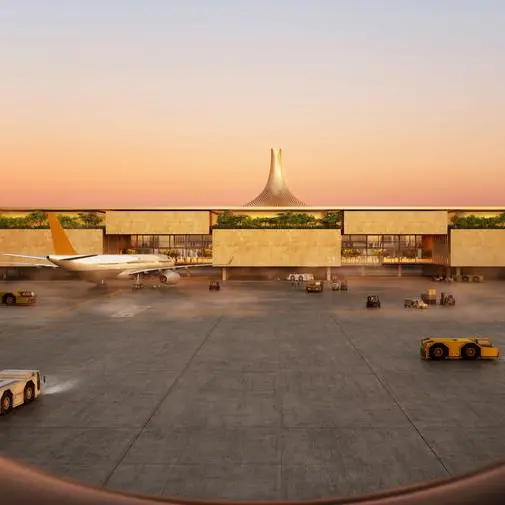PHOTO
Tuesday, May 17, 2016
Abu Dhabi: The real estate markets in Abu Dhabi and Dubai are going in opposite directions. While residential rents in Dubai dropped around five per cent in the first quarter of this year, rents in the capital are rising, fuelled by a lack of supply.
In its latest Abu Dhabi Real Estate Market report, Abu Dhabi Islamic Bank, and its real estate advisory subsidiary MPM Properties, said that residential rents in the emirate have seen a moderate rental growth in the first quarter of this year.
As lower oil prices have contributed to a slowdown in Abu Dhabi’s economic growth, both buyers and sellers remained unwilling to enter the property market, resulting in low transaction volumes.
“We are seeing a shift in market dynamics as the first quarter of this year has seen a constrained new supply of homes coming into the market with the residential market expected to see less than two per cent housing stock growth in 2016 vs. an average of 4.5 per cent [per annum] over the last seven years,” Paul Maisfield, chief executive officer of MPM Properties, said in a statement on Tuesday.
During the first quarter of this year, nearly 1,000 new homes were delivered to the Abu Dhabi market, comprising mainly small- to medium-sized developments in Al Nahyan, Muroor Road, and Mohammed Bin Zayed City.
Matthew Green, head of research and consultancy at CBRE, a real estate agency, described Q1 as “relatively resilient” considering the headwinds that the economy is facing, with such resilience stemming from limited supply in the market.
“Dubai is a more volatile market and it’s a market that is more driven by international investors so we tend to see bigger swings in sales and rent. In Abu Dhabi, the investment volumes are a lot lower, and it’s not as influenced by international investors, so that’s why we don’t see the same movements,” he said.
Green expected to see deflation in the residential market in Abu Dhabi throughout the rest of 2016 as economic growth slows down.
“[Oil prices] have gone up in comparative terms over the past couple of months, but we’re still talking about prices around $40, and the average rates so far for the year are still at low levels … so it will take more of a sustained growth rate [to change sentiment].
“I think we will see some decline in rental rates and probably in the sales market as well but I don’t think it will be as severe as we’ve seen in Dubai over the past 18 months,” he said.
Across the villa segment, things were much the same as weak demand resulted in limited sales in most communities. Developers are countering market sentiment, however, by offering attractive payment plans on off-plan sales to help spur demand, the report stated.
An analysis of the MPM portfolio in Abu Dhabi shows that 38 per cent of lease renewals completed during Q1 2016 were agreed at a zero per cent increase, while 61 per cent of renewals saw a modest increase, and only one per cent had a rent reduction.
In the office market, demand was also lower as the government sector, which is the main driver for office space, cut its spending and put expansion and relocation plans on hold. By the end of this year, around 350,000 square metres of office space will have been added to the commercial stock.
By Sarah Diaa Staff Reporter
Gulf News 2016. All rights reserved.





















